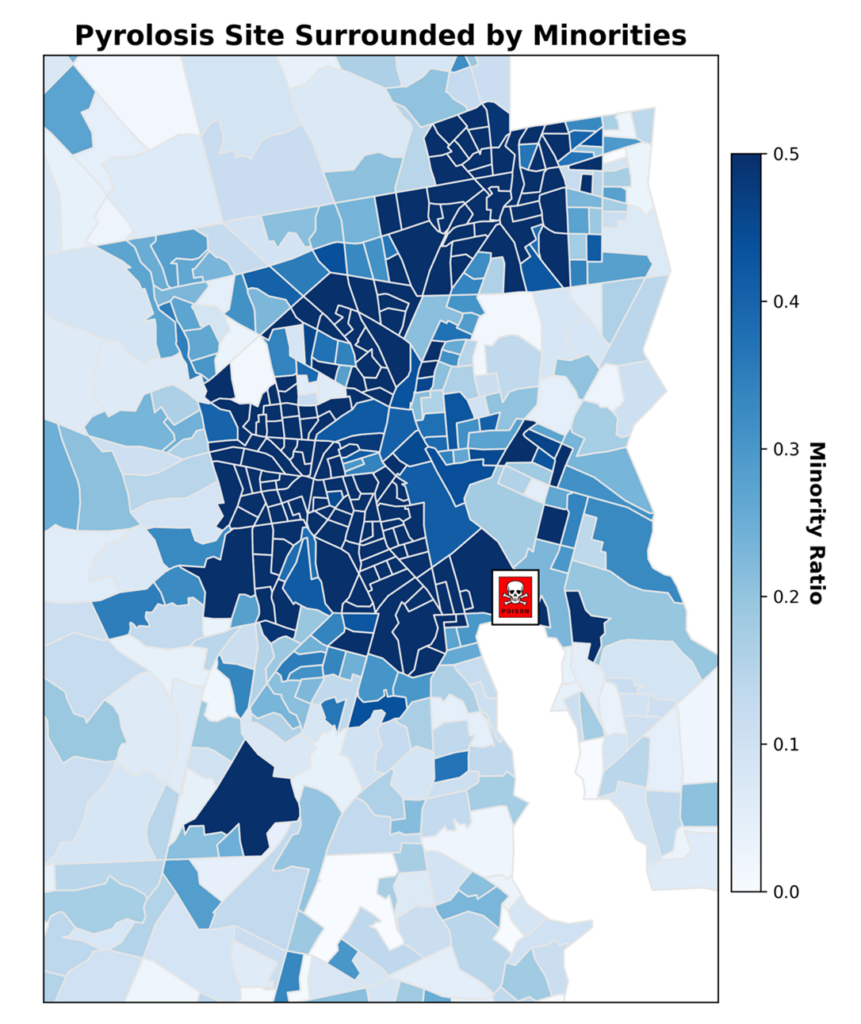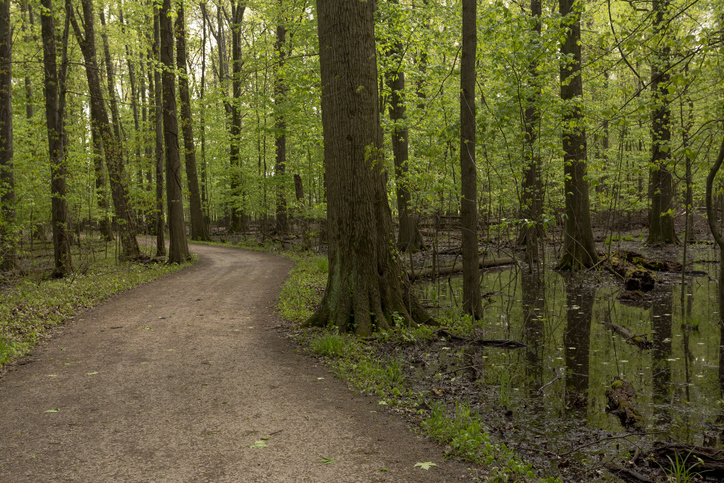Rhode Island Senate Votes to Harm Communities of Color
June 13, 2022
PROVIDENCE — The Rhode Island Senate passed S2788 Sub A, which would exempt “advanced recycling” from the state’s solid waste laws and regulations.
The legislation limits advanced recycling facilities to within a mile radius of a state facility, and includes the Central Landfill in Johnston and the Port of Providence as possible locations.
The advanced recycling process, known as pyrolysis, burns plastics at high temperature. The result is a dirty oil, which is used to make plastics. Plastics in, plastics out.
Natural Resources Defense Council (NRDC) senior scientist Veena Singla reported that emissions from pyrolysis plants include a cocktail of substances, such as benzene and lead, that are known to cause cancer, that harm reproduction and developing fetuses, and that can lead to cardiovascular issues and other ailments.
The Port of Providence is surrounded by minority neighborhoods. Once again, communities of color will likely be harmed by the siting of a polluting plant.

Pyrolysis emits toxic chemicals and greenhouse gases, creates hazardous waste, pollutes waterways, and burdens nearby communities. According to the NRDC, none of the plants in the United States, including Brightmark’s in Ashley, Ind., — which they call a “plastics renewal facility” — has been able to prove that there are benefits to chemical recycling.
Singla explained that pyrolysis plants don’t meet the definition of recycling. The plants create “a mirage of ‘recycling’ to assuage public concerns about increased plastic use.” It’s simply a greenwashing term created by the plastics industry.
Data from the Environmental Protection Agency, quoted by NRDC, reported that a single plant in Tigard, Ore., produced 500,000 pounds of hazardous waste in 2019.
According to the NRDC, “The world’s plastic crisis is out of control with enormous consequences for our health and environment, and it deserves real solutions. We learned long ago that burning our trash isn’t one of them. Chemical recycling is just an old concept with a new name.”
Roger Warburton, Ph.D., is a Newport resident. He can be reached at [email protected].
Notes:
United States Environmental Protection Agency (EPA) Environmental Justice Screening and Mapping Tool (Version 2.0). 2019 version 2.0. Retrieved: 02-04-2022, from https://ejscreen.epa.gov/mapper/.
Demographic data is from the U.S. Census Bureau American Community 5-year Summary Survey (ACS).
Rhode Island Census tract shapefiles are Cartographic Boundary Files from the U.S. Census Bureau.
Categories
Join the Discussion
View CommentsRecent Comments
Leave a Reply
Your support keeps our reporters on the environmental beat.
Reader support is at the core of our nonprofit news model. Together, we can keep the environment in the headlines.
We use cookies to improve your experience and deliver personalized content. View Cookie Settings




When will we do better??? UNACCEPTABLE for anyone to be poisoned.
This is such bullshit the Port of Providence is a mixed neighborhood with lots of college students the Central Landfill nothing but business over there and most housing is more than a mile away
This did not pass out of committee? Did it? I am 🤢